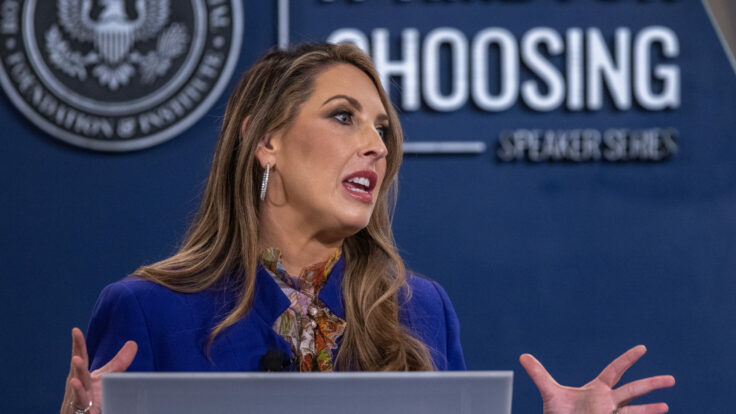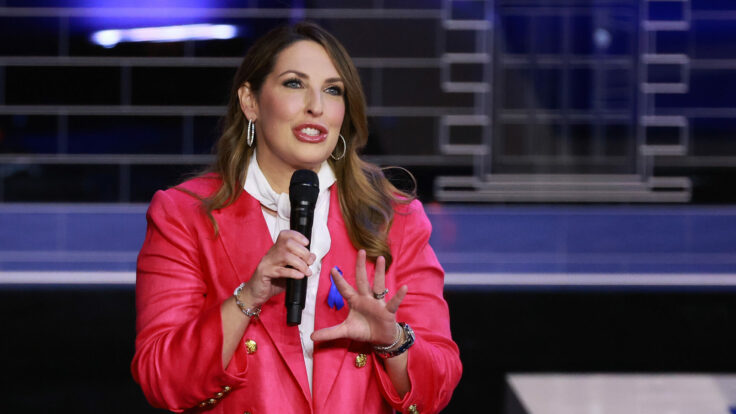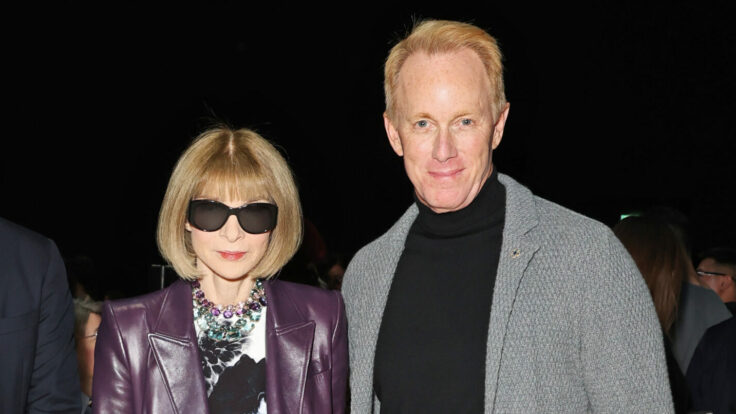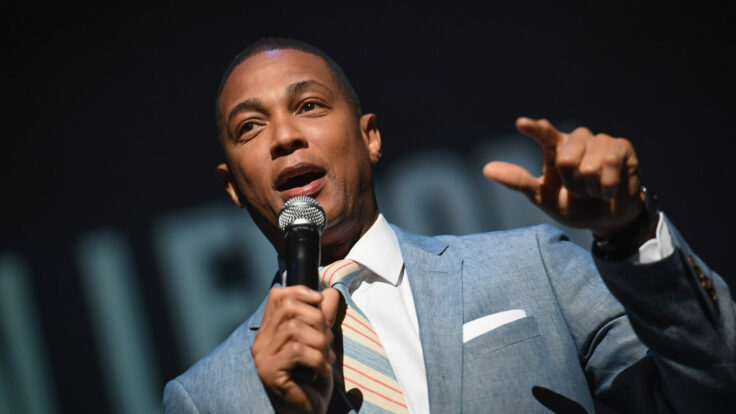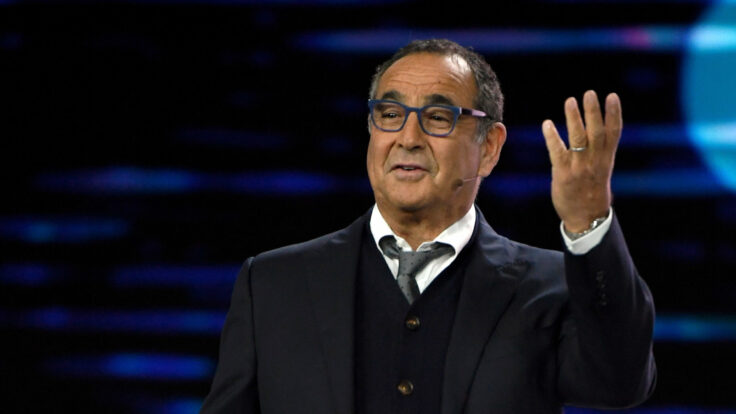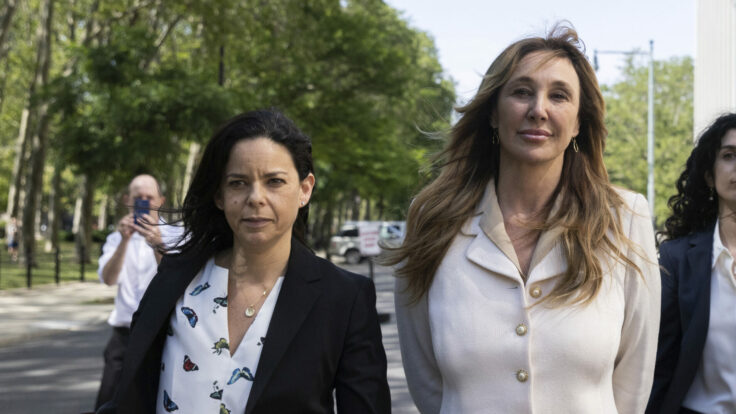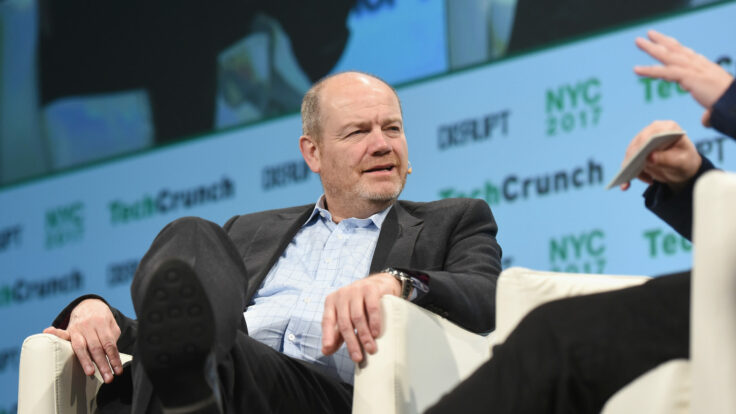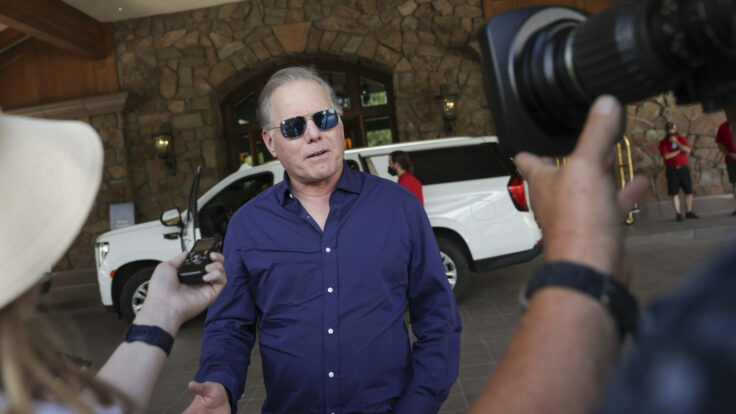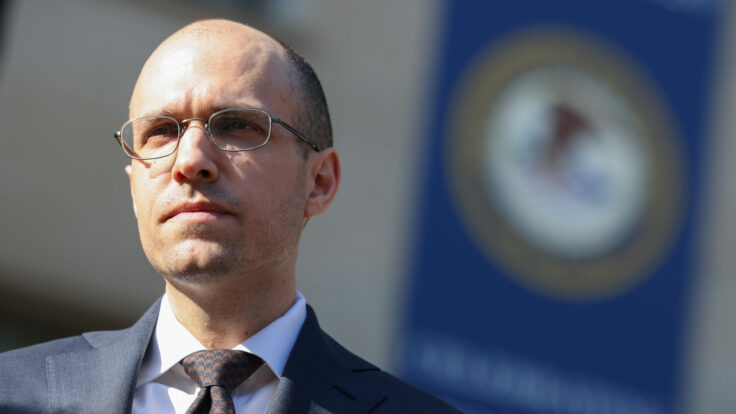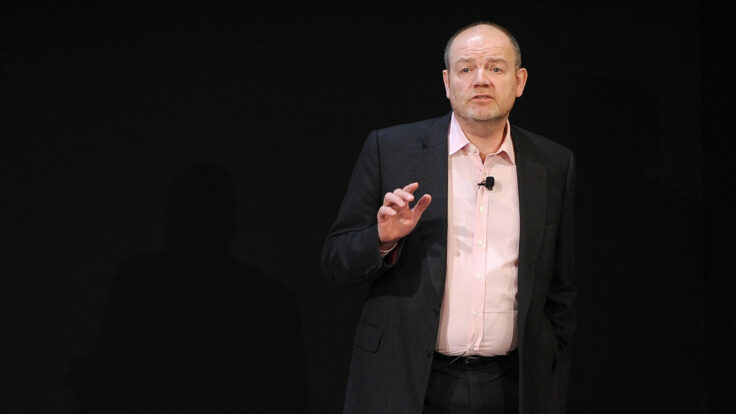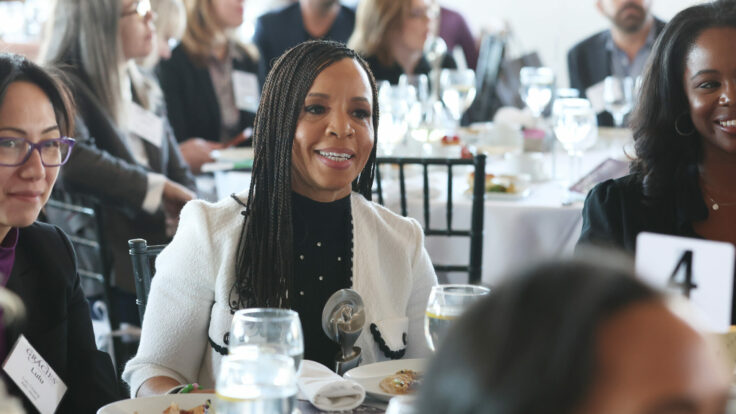Barbara Walters would not have been pleased. The legendary newswoman, who passed away last week at the age of 93, cared deeply about every detail of her work—“every single video edit, soundbite, graphic, and music cue,” as one veteran media executive put it—and of her reputation, too, obviously. Her career was brilliantly choreographed—the Castro interview; Gaddafi; Lewinsky; Christopher Reeves after his tragic accident; Donald Trump, while airborne, grilling him on his finances; the 20/20 years shouldering the burden for Hugh Downs; The World’s Most Interesting People; The View; etcetera—and she became that rare broadcaster who transcended to a level of fame beyond most she interviewed.
When the day of her death inevitably arrived, she would have rightly expected her passing to be a national news event, the media industry’s equivalent of a papal funeral, complete with multiple primetime specials acknowledging her unrivaled position as a pioneering figure in journalism who achieved celebrity status in her own right, and, most impressively, sustained it for six decades. But some things are out of anyone’s control. Walters passed on the Friday before New Year’s Eve. News of her death was reported on ABC, her near-lifelong home, by Phil Lipof, a little-known correspondent who was filling in on one of the least-watched days of the year. The network ran two specials on Sunday, also one of the least-watched days of the year, though by that point news of her death had been somewhat overshadowed by the death of an actual pope: Benedict XVI.






